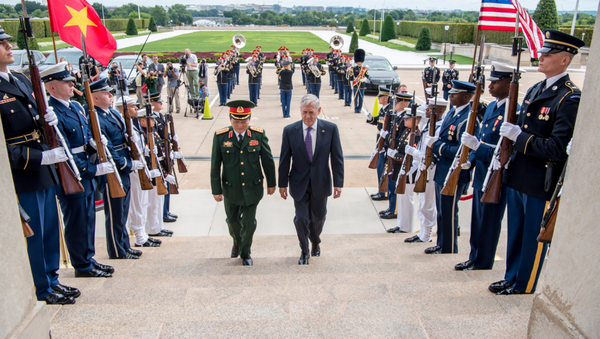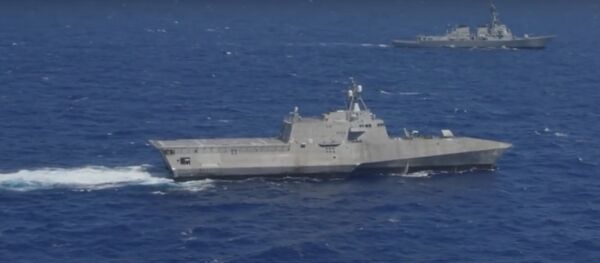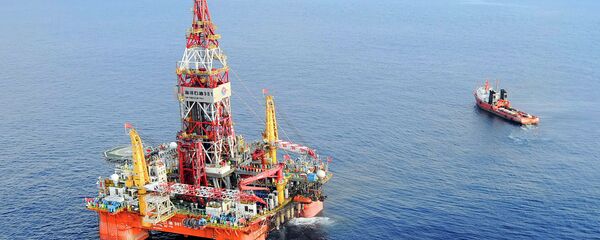He further said, “This loneliness of Vietnam in its struggle further pushes it towards the United States. Although Vietnam refuses to behave like the Philippines under Duterte, it will also not behave like the Philippines under Aquino.”
According to the expert, perhaps the loudest news of the visit of the Vietnamese defense minister is the alleged promise by Mattis to bring a US aircraft carrier to a Vietnamese port during 2018; the last time it happened was in 1975, and back then the US ship had completely different purposes.
1975 marked the end of the Vietnam War. The war, also known as the Second Indochina War or Resistance War against America, was fought from 1955 to April 30, 1975.
Almost immediately following the visit, the Vietnamese received a small gift – the passage of the US destroyer John McCain through the waters of the South China Sea, claimed by China.
“On the same days, very strange rumors appeared in the Vietnamese media about an agreement to supply 24 US V-22 Osprey converters worth $3 billion. This deal seems extremely unlikely, so information about it can be used to test the reaction of different audiences,” Tsvetov said.
He further said that one way or another, it is politically impossible for the Vietnamese leadership to surrender positions regarding the dispute with China.
The expert also said that the long-standing efforts by Beijing to consolidate its positions in the South China Sea have raised significant anti-Chinese sentiments in Vietnam among the most diverse groups of the population, especially among those who criticize the Communist Party on other issues, but also enjoy anti-Chinese rhetoric.
“The Communist Party of Vietnam is trapped because a tough reaction and diplomatic demarches spoil relations with China. Whereas, softness and any concessions spoil relations with part of its own population, hence, the persistence of tension in relations with China makes Vietnam an ideal client for the United States,” Tsvetov noted.
According to the expert, an example of the rule in the Philippines of Benigno Aquino III showed that “if you go too far, the country will cut itself off from those objective economic opportunities that create normal relations with China.”
Nevertheless, economically, Vietnam has a fairly developed relationship with the United States, Japan, South Korea and other players, the expert said.
“As for ASEAN, today there is an impression that Vietnam is interested in this organization, first of all, as an instrument to draw attention to the problem of the South China Sea. That is why the Vietnamese diplomats worked so actively at the last ministerial meeting,” he said.
The expert further said, “In Hanoi, they know that the main thing for ASEAN is a consensus, which means that Vietnam has great opportunities to involve the rest of Southeast Asia in its protective combination.”




